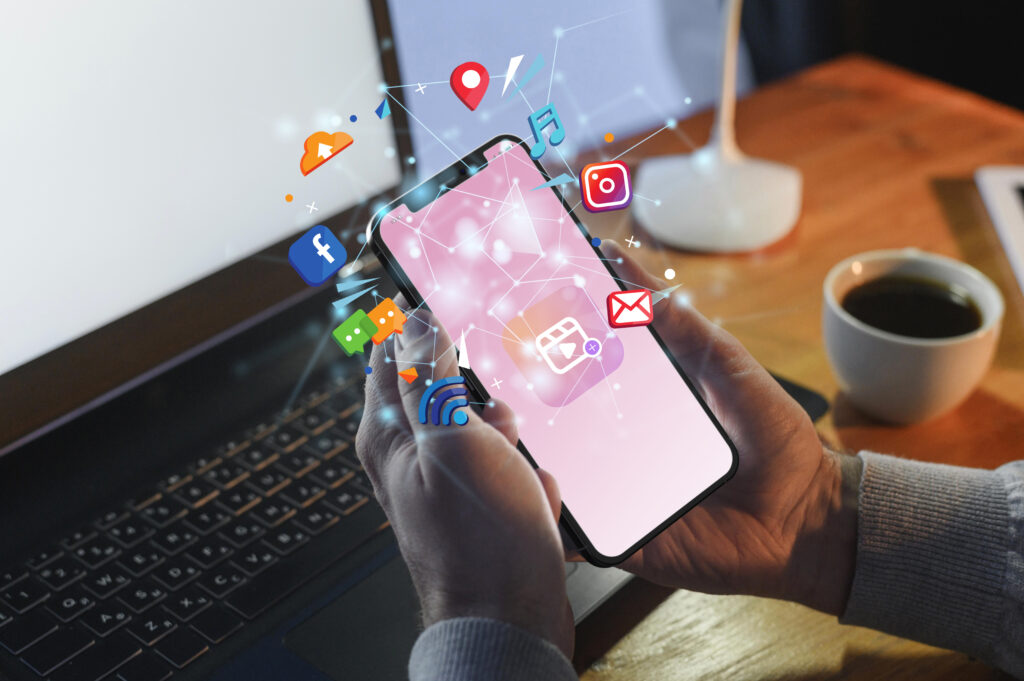Tech giants race to remake social media with AI
Platforms face backlash over copyright breaches and mental health concerns for younger users.

Tech firms are racing to integrate AI into social media, reshaping online interaction while raising fresh concerns over privacy, misinformation, and copyright. Platforms like OpenAI’s Sora and Meta’s Vibes are at the centre of the push, blending generative AI tools with short-form video features similar to TikTok.
OpenAI’s Sora allows users to create lifelike videos from text prompts, but film studios say copyrighted material is appearing without permission. OpenAI has promised tighter controls and a revenue-sharing model for rights holders, while Meta has introduced invisible watermarks to identify AI content.
Safety concerns are mounting as well. Lawsuits allege that AI chatbots such as Character.AI have contributed to mental health issues among teenagers. OpenAI and Meta have added stronger restrictions for young users, including limits on mature content and tighter communication controls for minors.
Critics question whether users truly want AI-generated content dominating their feeds, describing the influx as overwhelming and confusing. Yet industry analysts say the shift could define the next era of social media, as companies compete to turn AI creativity into engagement and profit.
Would you like to learn more about AI, tech and digital diplomacy? If so, ask our Diplo chatbot!
